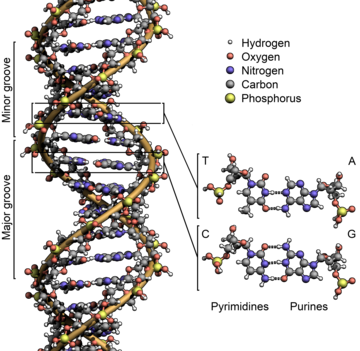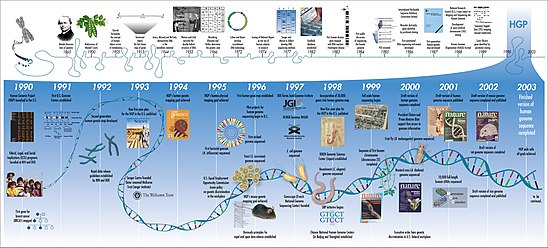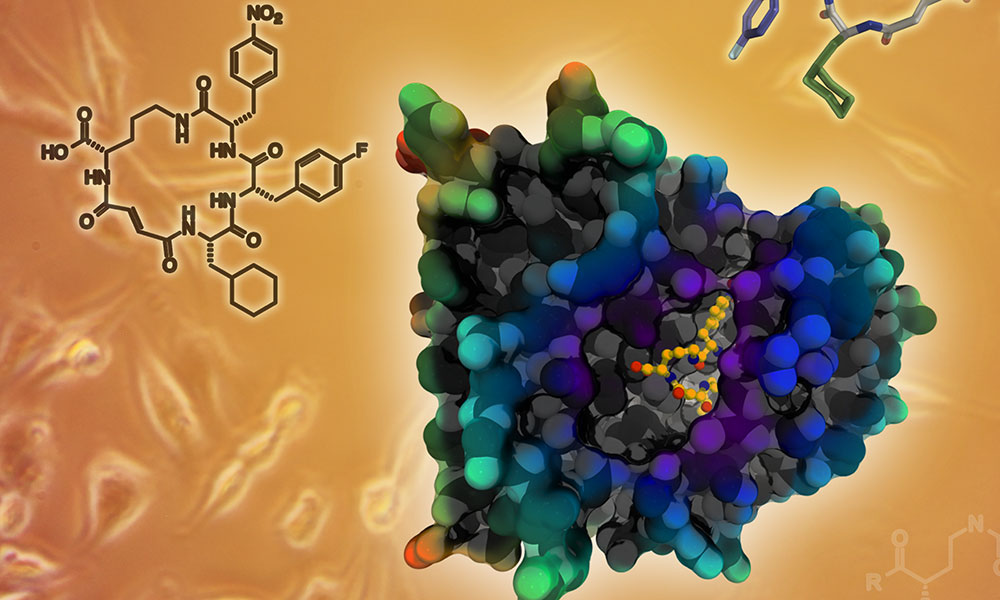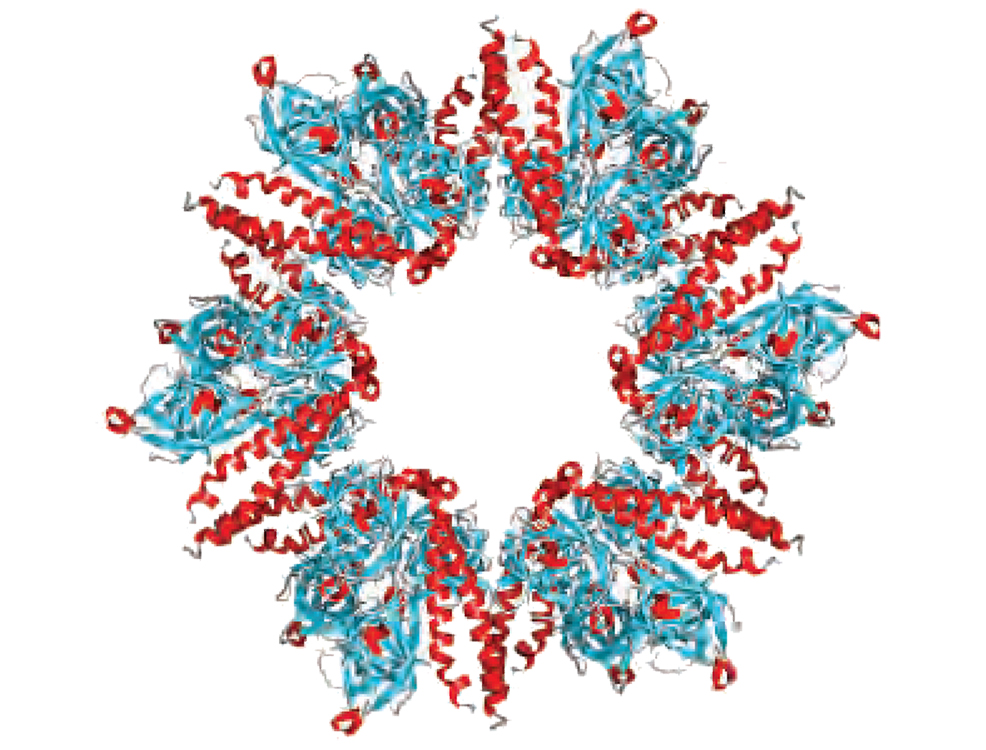Course Details:
The Biochemistry program offers a comprehensive study of the chemical processes and molecular structures that underlie
biological systems. It provides students with a strong foundation in both biology and chemistry, equipping them with the
knowledge and skills to explore the intricate mechanisms of life at the molecular level.
Students in the program delve into various areas of biochemistry, including protein structure and function, enzymology,
metabolism, molecular genetics, and cell biology. They learn how biological molecules such as proteins, nucleic acids,
carbohydrates, and lipids interact and contribute to the functioning of living organisms.
The curriculum integrates theoretical knowledge with practical laboratory experience, enabling students to develop
critical scientific thinking and analytical skills. They gain hands-on experience using advanced laboratory techniques
and instruments to study and manipulate biological molecules, analyze biochemical reactions, and conduct research
experiments.
Throughout the program, students explore the latest advancements in biochemistry and its applications in areas such as
medicine, biotechnology, pharmaceuticals, and environmental science. They learn about the role of biochemistry in
understanding and combating diseases, developing new drugs, and addressing global challenges such as climate change and
food security.
The program also emphasizes interdisciplinary learning, as students collaborate with researchers and professionals from
other scientific disciplines. They have opportunities to engage in interdisciplinary projects and research initiatives
that bridge biochemistry with areas such as genetics, microbiology, biophysics, and bioinformatics.
In addition to core biochemistry courses, students study related subjects such as molecular biology, organic chemistry,
genetics, and cellular biology. They develop a comprehensive understanding of the fundamental principles and
methodologies in these fields, enabling them to approach complex biological problems from a multidisciplinary
perspective.
Graduates of the Biochemistry program are well-prepared for a wide range of career opportunities in academia, industry,
healthcare, and research institutions. They can pursue careers as biochemists, research scientists, laboratory
technicians, pharmaceutical consultants, or medical professionals. They may work in pharmaceutical companies,
biotechnology firms, academic research labs, healthcare institutions, or government agencies involved in scientific
research and policy development.
The program also provides a solid foundation for further education at the graduate level, such as pursuing a Master's or
Ph.D. degree in Biochemistry, Molecular Biology, or related fields. It prepares students for advanced research, teaching
positions, or specialized roles in areas such as drug discovery, genetic engineering, or biochemical diagnostics.
Overall, the Biochemistry program offers an exciting journey into the intricate world of biological molecules and their
functions. It equips students with a deep understanding of the chemical processes that drive life, fosters their
scientific curiosity, and prepares them for rewarding careers at the forefront of scientific discovery and innovation.












